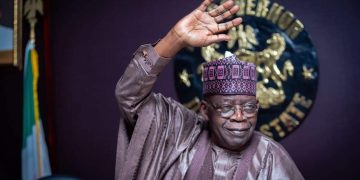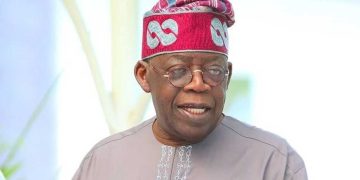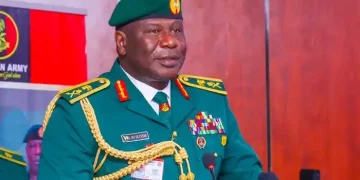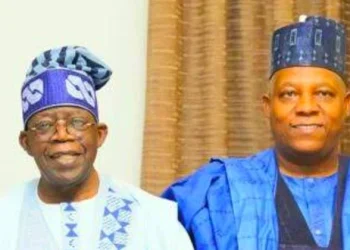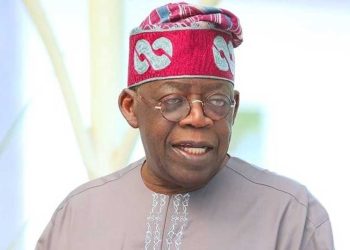The Defence Headquarters (DHQ) has come out to deny any involvement of military personnel in the massacre of Nigerians in Benue State.
This is coming after the Nigerian army was accused of conniving with suspected armed herders to launch the heartless attack.
Speaking in Abuja, Brigadier General Tukur Gusau, Director of Defence Information, said that the military was not responsible for the killings in Yelwata, and reports saying otherwise should be dismissed.
He stated that there is no credible evidence to back the false claims of internal sabotage within the military, stressing that the Nigerian army remains committed to protecting civilians and upholding the rule of law.
“The attention of the Defence Headquarters (DHQ) has been drawn to recent claims suggesting that internal sabotage within the Nigerian military contributed to the tragic events in Yelwata, Benue State, are unfounded and not supported by credible evidence.
The Nigerian military has consistently denied any involvement in the massacre.
The Chief of Defence Staff, General Christopher Gwabin Musa, has publicly stated that the military was not responsible for the killings in Yelwata.
Furthermore, the Nigerian Military has emphasized its commitment to protecting civilians and upholding the rule of law.
There is no credible evidence to substantiate claims of internal sabotage within the military related to the Yelwata incident.
Investigations by independent bodies, including human rights organizations, have not found any links between the military and the perpetrators of the massacre,” he said.
He reiterated that the recent violence was because of intercommunal clashes in Nigeria’s Middle Belt region, primarily between farmers and herders, and no military man was involved.
He concluded by calling for quick support efforts aimed at fostering dialogue, reconciliation, and sustainable peace in the affected regions.
“The violence in Yelwata is part of a broader pattern of intercommunal clashes in Nigeria’s Middle Belt region, primarily between farmers and herders.
These conflicts are driven by longstanding disputes over land and grazing rights, ethnic tensions, and competition for resources.
While the military has been deployed to maintain peace, the root causes of the violence lie in complex socio-economic and political factors.
Attributing the Yelwata massacre to internal sabotage within the Nigerian military is misleading and detracts from the real issues at play.
It is essential to focus on addressing the underlying causes of intercommunal violence and to support efforts aimed at fostering dialogue, reconciliation, and sustainable peace in the affected regions,” he added.

Folami David is a dynamic journalist who views the world through an analytical lens, translating complex narratives across multiple industries into compelling stories. With an insatiable appetite for information and a keen eye for emerging trends, Folami specializes in uncovering the interconnections between technology, business, culture, and society.


